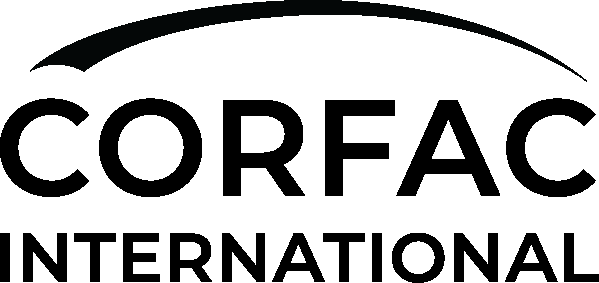With Interest Rate Hikes Raising Questions About Debt Plans, What Should Investors Do?

As the Federal Reserve has raised the benchmark rate to its highest point in 22 years, the associated rise in commercial loan rates has given CRE investors and owner-occupiers alike pause. Investors who have loans set to mature need to evaluate what a refinance could do to the property’s financial performance, even if the property is stabilized.
CORFAC International’s network of independent brokers is working with its clients to make decisions about next steps in the context of both local market dynamics and these macroeconomic trends, especially as many economists predict this elevated-rate environment will be extended for longer to cool inflation.
“We have clients that made the decision to hold onto properties because with rising interest rates the capital markets are not attractive for buyers, causing a reduced target sale price,” said Hayim Mizrachi, CCIM, president and principal of Las Vegas-based MDL Group and 2023 president of CORFAC International. “If their property is stable and performing with low, manageable debt, they’re holding.”
Play The Waiting Game, Or Make Moves Now?
The real estate market has been a firewall to inflation for decades, said Francisco Navarro, president and CEO of CDL Marketing and Sports/CORFAC International in Costa Rica.
“During high-rate periods, the best option for low-debt landlords is to hold on to their properties,” Navarro said. “From an investor's point of view, this is a good opportunity to allocate equity to highly debt-leased properties.”
This type of transaction will benefit both the seller and the buyer as some investors are being more aggressive in this higher rate environment. Navarro said that in lieu of adding equity to maintain lenders’ requirements for coverage ratios, they are electing to sell.
“As part of the economic uncertainty and high interest rates, all new deals are looked at through a magnifying lens, and investors are more focused and expect new deals to fall tightly within their mandate,” said Dan Dokovic, SIOR, managing principal of Intelica CRE/CORFAC International in St. Louis. “On the disposition side, it is a similar story with investors disposing of noncore assets that don’t fit their investment outlook.”
Abundant Capital Seeks Right Fit
The disruption of the last three years has slowed down some deal activity and also allowed some owners and investors to accumulate wealth, according to the CORFAC principals. This means a sizable amount of capital is available to be placed. However, the main obstacle is that sellers’ expectation for pricing is not where it needs to be for buyers to transact based on availability of loans.
“While we have many clients looking to place capital, a lot of money is still waiting on the sidelines to see how this unsettling economy will develop,” Dokovic said. “They want to see if there will be significant distress in the market that they can take advantage of.”
In the meantime, opportunities are ripe for those with liquidity.
“Many clients are looking for investment opportunities,” Navarro said. “For most of them, the idea is to invest using equity only, avoiding up to some point the dependency on debt.”
While recession fears may be abating, many CRE owners still feel uncertain about financing new deals or refinancing existing ones in a still-turbulent environment. Turning to an experienced local market broker or adviser who is connected to the knowledge base of a global network can help investors understand how economic trends should impact their debt planning, Mizrachi said.
This article was produced in collaboration between CORFAC International and Studio B. Bisnow news staff was not involved in the production of this content.
Studio B is Bisnow’s in-house content and design studio. To learn more about how Studio B can help your team, reach out to studio@bisnow.com.

